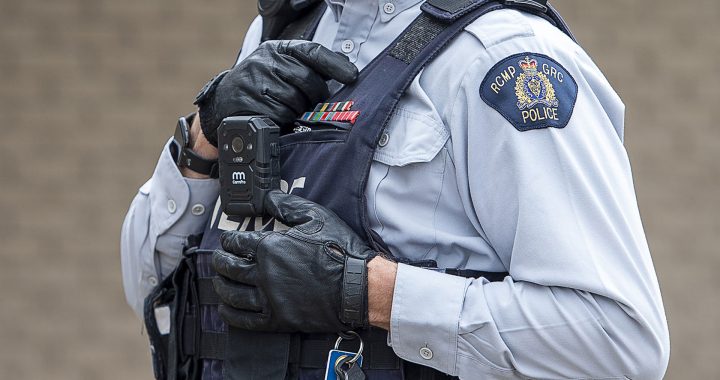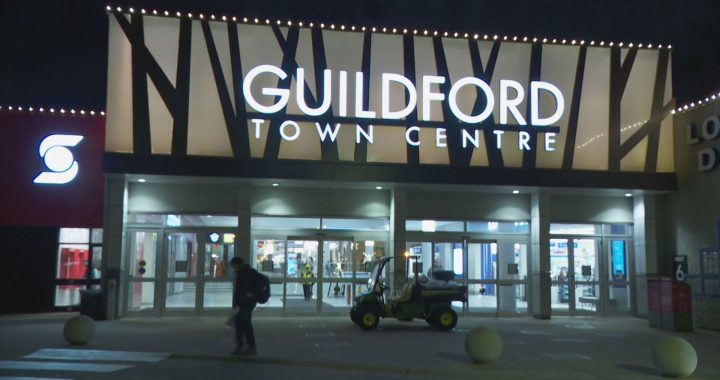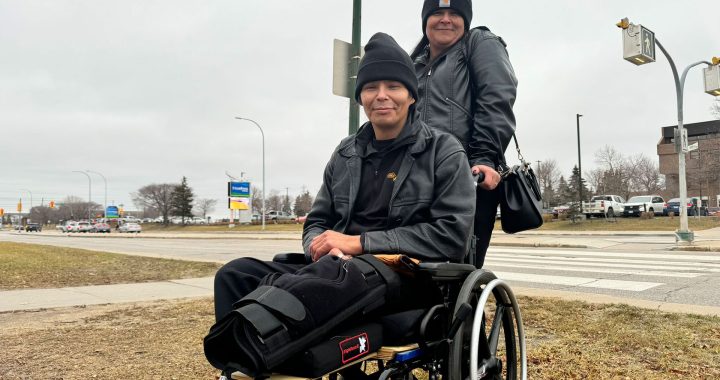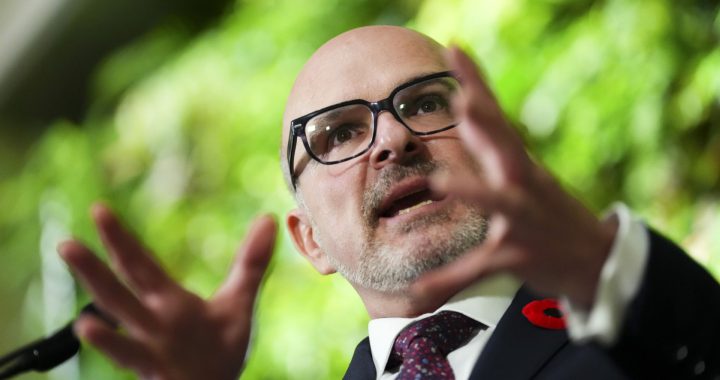
A First Nation child advocate thinks it’s “sad” the government is being sued for “underfunding” on-reserve child welfare services in a $3-billion lawsuit.
“I don’t know the young man who put in the case other than his description, which is so sad and so typical of youth in care,” said social worker Cindy Blackstock of the First Nations Child and Family Caring Society.
“Good for him for doing this.”
The statement of claim filed March 5 in federal court said the plaintiff, Xavier Moushoom, epitomizes the class members by having lived in 14 different foster homes in Quebec.
The lawsuit, which still has to be certified as a class action by a judge, is seeking compensation for victims of a system it said financially incentivizes apprehension instead of prevention.
“This underfunding has prevented child welfare service agencies from providing adequate prevention services to First Nations children,” said the statement of claim.
“There are approximately three times the numbers of First Nations children in state care now than there were in residential schools at their apex in 1940.”
Both of Moushoom’s Algonquin parents are residential school survivors, the claim added.
The class is First Nations children who came in contact with on-reserve child welfare services between April 1, 1991 and March 1, 2019.
The two law firms involved – Sotos of Toronto and Kugler Kandestin in Montreal – declined to comment until Friday.
They alleged the “Crown has known about the severe inadequacies of its funding formulas, policies, and practices for years, but has not adequately addressed them” despite “numerous calls to action by several official, independent fact-finders.”
Blackstock, who has her own experience of taking Ottawa to the Canadian Human Rights Tribunal over inequality, is one of those fact-finders, although she is personally not involved in this lawsuit.
Her nine-year battle before the Canadian Human Rights Tribunal proved the government failed to provide the same level of child welfare services that the provinces provided off-reserve – and is cited in the statement of claim.
Read the statement of claim here: Part 1, Part 2
“I don’t understand why we even had to take them to court at the tribunal,” Blackstock said in a telephone interview Wednesday.
“It was clear and obvious that the discrimination was happening and that it was having devastating impacts on children.”
The lawsuit cites the Tribunal’s 2016 ruling, blaming Ottawa for the high number of First Nations children in care and the impact.
“The removal of a child from their home causes severe and, in some cases, permanent trauma,” said the statement of claim.
And, it alleges, fully funding the costs of foster care is discriminatory.
“Because of these funding formulas, policies, and practices, a child on reserve must often be removed from their home in order to receive public services that are available to children off reserve,” the claim alleged.
The claim also accuses Ottawa of ignoring Jordan’s Principle, which is supposed to level the playing field for First Nations children when it comes to health and other public services.
The present-day foster care system is said to be repeating the horrors of residential school and the former ‘60s Scoop policy – something Marcia Brown Martel was hoping to publicize by filing a class-action lawsuit in Ontario.
“I did the court matter so that the broader Canadian public would know there was a wrong done in this country,” Brown Martel said in a telephone interview Wednesday.
Ottawa has since settled with survivors of residential school and First Nations and Inuit members of the ‘60s Scoop, who as children were removed from their homes and placed with non-Indigenous families between 1951 and 1991.
Brown Martel said filing the suit helped her and she hopes it does the same for Moushoom.
“We know we were being wronged,” she said, “it’s not rocket science.
“There are provincial laws that are in place for these workers to work with that are the same laws that were there 10, 15 years ago…Change the mandates of child welfare.”









